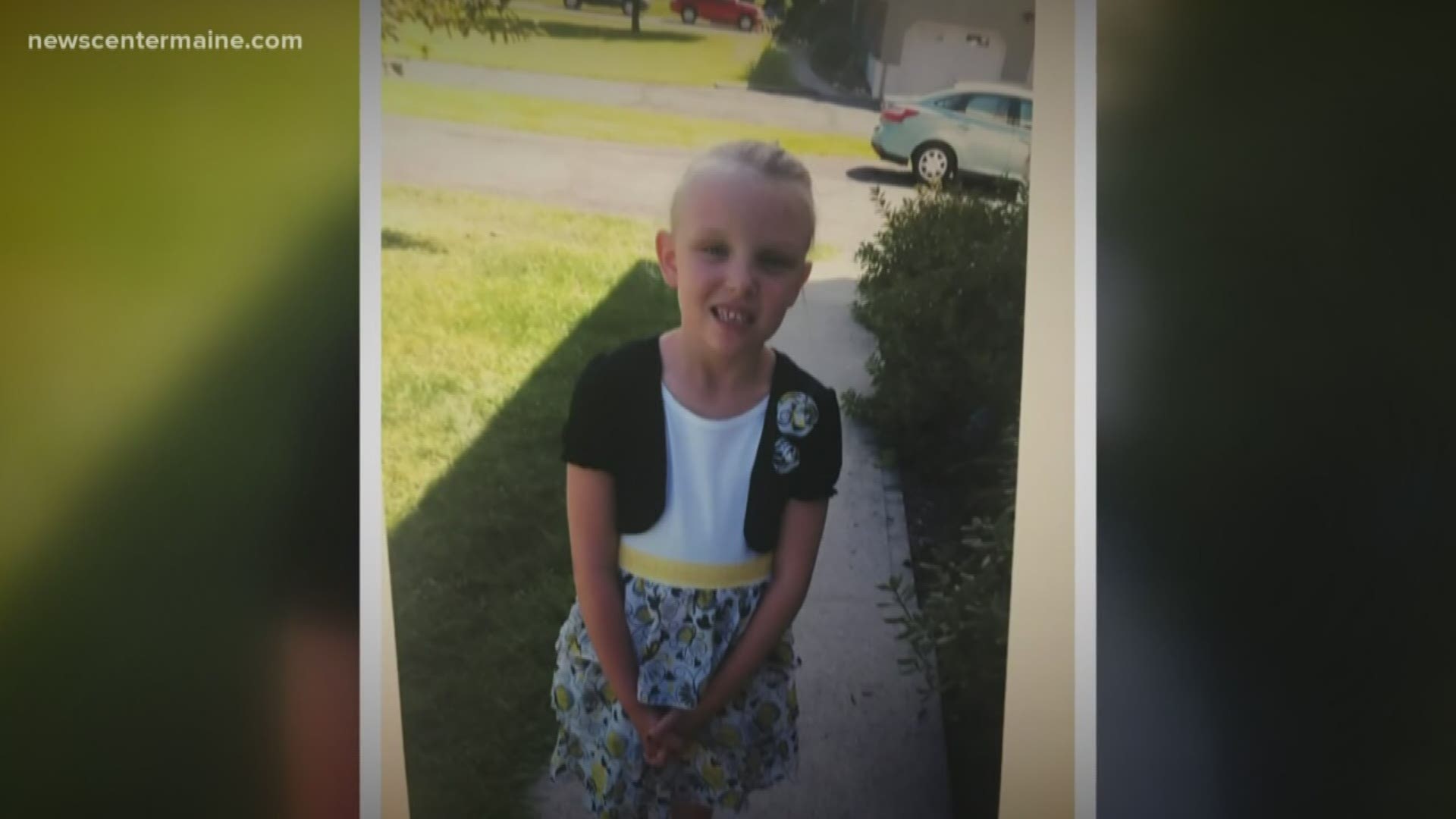MAINE, USA — Maine will receive $5.3 million in federal funds as one of 10 states selected by the Centers for Medicare and Medicaid Services (CMS) to participate in the Maternal Opioid Misuse (MOM) model.
MOM aims to improve care for pregnant and postpartum women with Opioid Use Disorder (OUD) and their infants.
In state fiscal year 2018, the DHHS Office of Child and Family Services received 904 reports regarding infants born exposed to substances, including opioids, which accounts for about 7 percent of live births in Maine.
According to DHHS, under the model Maine will take steps to create a statewide system of evidence-based and comprehensive care for women with substance use disorders through MaineCare, the state’s Medicaid health coverage program for low-income residents.
The goal is to increase access to high-quality treatment and reduce costs while better coordinating and integrating care.
DHHS said it will collaborate with MaineGeneral Medical Center, MaineHealth, Mid Coast-Parkview Hospital, Northern Light Health, Penobscot Community Health Care, and Pines Health Services.
DHHS said the grant period is for five years and that the department anticipates expanding to additional sites over that time.
“This award will bolster our aggressive response to the opioid crisis under the leadership of Governor Mills,” Maine DHHS Commissioner Jeanne Lambrew said. “Ensuring the health and wellbeing of mothers, children and families affected by opioid use disorder is key to our success. Under this model we can target compassionate, effective support from before birth all the way through infants’ crucial first year of life. We’re proud to work with our care partners throughout the state on this initiative.”
According to DHHS, critical components of the MOM model include creating a “no wrong door” system to screening; supporting the treatment and recovery of mothers with group-based medication-assisted treatment; increasing the capacity of integrated care teams; coordinating delivery, hospital, and post-partum care for mothers and infants; enhancing home visiting and community supports; and conducting a public outreach campaign.
OTHER STORIES PEOPLE ARE READING:

